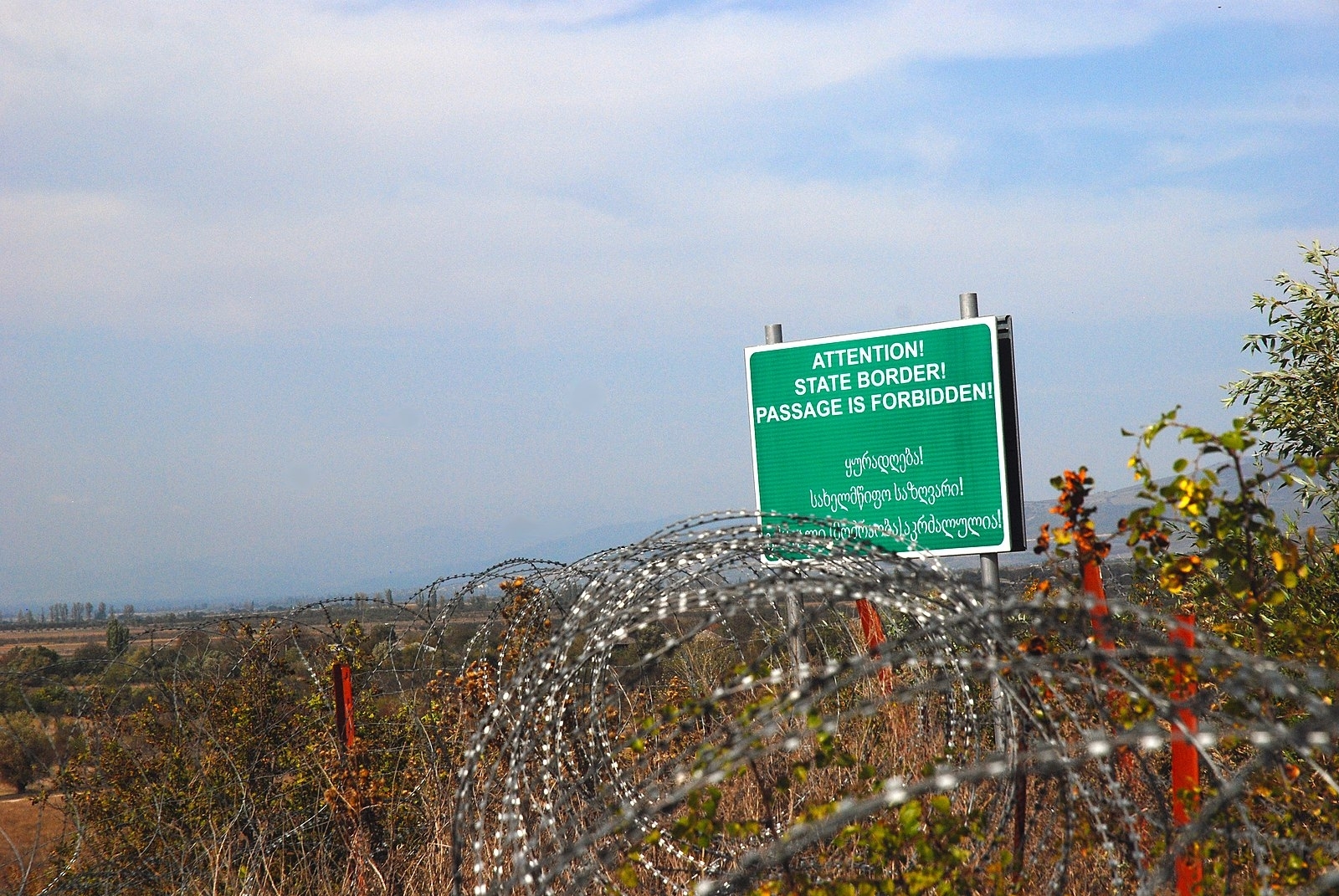Conflict studies specialist Paata Zakareishvili talks about the Georgian-Abkhaz negotiations and the missed opportunities when the parties came closest to resolving the conflict.
The interview covers the missed opportunities of avoiding the war, the visits of Ardzinba and Shamba to Tbilisi, the story of Georgian delegations in Sukhumi, forgotten reconciliation documents, and concrete steps for the future, which could lead the situation out of the impasse.
According to Zakareishvili, direct dialogue between Tbilisi and Sukhumi is necessary. The expert believes that Tbilisi should help the Abkhaz side free itself from Russian isolation and offer alternative ways and visions.
Paata Zakareishvili thinks that the war could have been avoided, as it was caused by the mistakes made by individual political groups. “Shevardnadze’s biggest mistake was not dispatching troops in Abkhazia, but not withdrawing them on time,” says the researcher.
Regarding Vladislav Ardzinba’s visit to Tbilisi in 1997, Paata Zakareishvili says that at that time there was an active discussion about the federal system and the Abkhaz side also agreed. In the document, prepared at that time, there was a term “united (common) state” used, which was initially accepted but then declined by the Georgian side as unacceptable.
Regarding Ardzinba’s visit, the conflict expert also thinks that this meeting between Shevardnadze and Ardzinba was overdue and should have taken place before the war. According to Zakareishvili, since 1999, the Abkhaz position was that that they no longer wanted any administrative and institutional ties with Georgia.
As for the period after the “Rose Revolution”, the conflict studies expert thinks that new expectations about the possible negotiations emerged, although Mikheil Saakashvili’s team focused more on Tskhinvali, while the president himself visited the region.
Zakareishvili also talks about Sergei Shamba’s visit to Tbilisi, when the Abkhaz politician brought the document “The Key to the Future” for discussion. This meeting was preceded by the visit of Irakli Alasania, the representative of the President of Georgia in the field of conflicts, to Sukhumi.
The conflict expert notes that when Shamba was meeting with Alasania and Goga Khaindrava, the Minister of State for Conflict Resolution in Tbilisi, Saakashvili paid a visit to the Senaki military base, where a statement was made by Georgian officials that “it takes only 3 minutes to fly from Senaki to Sukhumi”. According to Zakareishvili, at this time militarism in Georgia outweighed the dialogue approach.
After the “August War”, the “National Movement” stated that “they have nothing to do with the Abkhaz and Ossetians, and this is a war with Russia”, the researcher says. “I agree with them that the main evil is Russia, but I do not agree that we should not talk to the Abkhaz and Ossetians”, Zakareishvili analyses the post-war policy of the “National Movement”.
After the victory of the “Georgian Dream”, when Paata Zakareishvili himself became the Minister in the conflict field, there was a readiness for direct dialogue with the Abkhaz and Ossetian sides, he notes. Negotiations in this direction were resumed, however, “as soon as the coalition “Georgian Dream” was dissolved and the party “Georgian Dream” remained, they adopted the approach of the “National Movement”.
Regarding the ongoing Russian aggression in Ukraine, Zakareishvili thinks that this is the last stage of the collapse of the Soviet Union, and “the war in Ukraine creates a unique chance that needs to be used”.
Against this background, he proposes several possible steps for the Georgian authorities to defuse the conflict, including, for example, easier travel for Abkhaz and Ossetians to Armenia and Turkey through Georgian-controlled territory, as well as allowing small bank transactions.
The conflict expert also thinks that Georgia should have joined the sanctions against Russia, but the Georgian side should try not to harm the Abkhaz and Ossetian sides through these sanctions. “We have to talk to the Abkhaz and Ossetians with the idea of the European Union,” concludes Zakareishvili.


